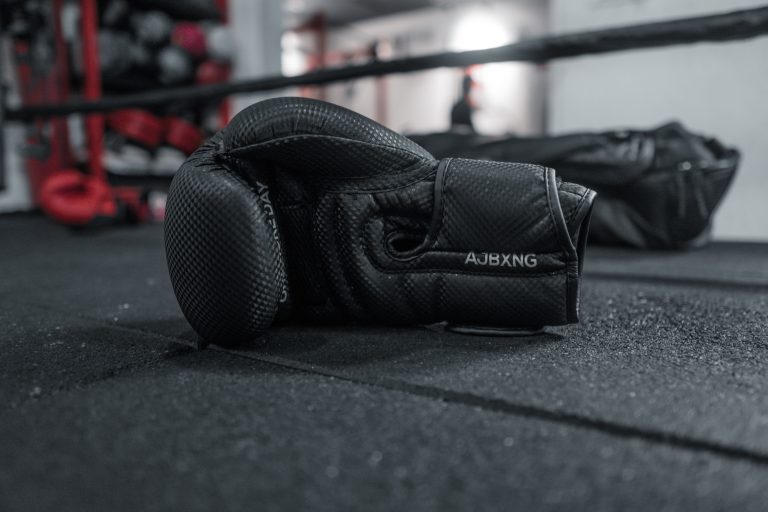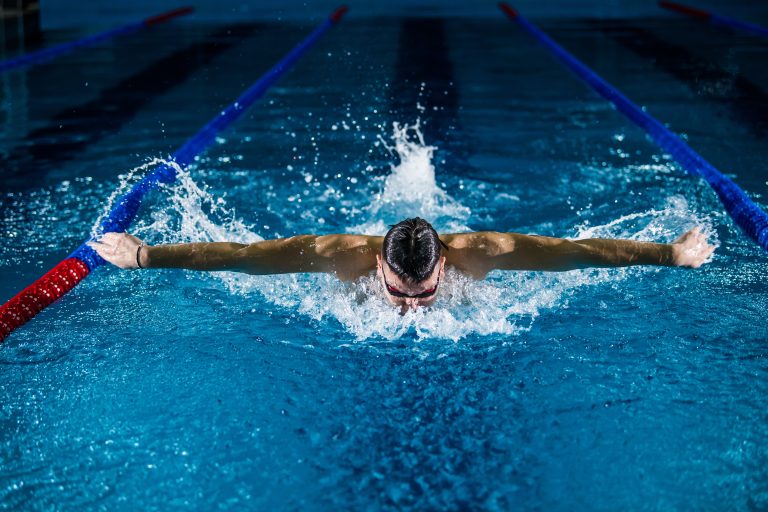Karate: What are the Benefits of Karate Instruction?
For centuries, karate has been the preferred martial art of teens and adults looking to improve their physical and mental wellbeing. Of course, just like with any other physical activity, you will need to understand the fundamentals of karate and its various benefits before you can expect to reap the rewards. Let’s take a closer look at what karate instruction can do for you.
Understanding Karate Terms
Karate is a martial art that originated in Okinawa, Japan. Karate means empty hand, and is often seen as a form of self-defense. In karate, practitioners use strikes, kicks, and other martial arts techniques to defend themselves from potential attacks. Karate is also used as a sport, with competitions held all around the world.
Karate instruction typically involves learning basic moves, forms or ‘kata’, and sparring or ‘kumite’. Kata is a prearranged set of movements that the student must practice and master. Kumite is an active form of training where two practitioners engage in real-time sparring.
The Benefits of Karate
Karate training has many physical and mental benefits, but before you dive into karate instruction, it’s important to have realistic expectations. The prolonged study of karate will demand dedication and a commitment to improving your technique with time. With that said, here are five key benefits of karate instruction:
1. Improved Self-Defense
The primary purpose of karate is self-defense. There are a variety of kicking and punching techniques that are designed to help you fend off an attacker or any threats to your safety. As such, regular karate instruction can help you become more confident in your physical capabilities and make it easier for you to defend yourself should a situation require it.
2. Increased Strength and Agility
One of the most immediate benefits of karate instruction is improved strength and agility as you will be engaging in repetitive physical movements that serve as an effective strength and agility exercise routine. Karate is a great way to improve your flexibility and build muscular endurance as you will be pushing your muscles to their limits in order to keep up with the demands of karate instruction.
3. Boosted Cognitive Function
Karate demands mental focus and discipline as practitioners must adhere to strict form and technique in order to make any meaningful progress in their training. As such, regular karate instruction can help improve mental acuity and general cognitive functioning as practitioners engage in memory retention and problem solving drills.
4. Improved Balance and Focus
In karate instruction, practitioners must practice proper body positioning in order to be efficient with their technique – if they don’t have good balance they won’t be able to move quickly and with precision. As such, karate is an effective way to improve balance which can translate into better coordination in other areas of life.
Karate also demands full attention so practitioners must stay focused on their form and technique during their training sessions. This sustained focus will help practitioners become better in their concentration and focus elsewhere in their lives.
5. Increased Confidence
Regular karate instruction can boost self-confidence as students gain greater control over their bodies through their martial arts training. As students learn new techniques and become more proficient in their forms, they will gain greater respect for themselves which will carry over into every aspect of their lives.
In addition, as karate requires students to execute precise movements in a controlled environment, this will help build a sense of mastery over the physical body that extends outside of karate instruction.
Proper Karate Instruction
For all its benefits, it’s important for students to understand that karate instruction requires commitment, dedication, and most importantly, safety precautions in order to maximize the benefit of karate instruction and reduce the risk of injury.
Proper karate instruction calls for full engagement with your partners as well as constant communication between instructors and students as they perform moves together. Instructors should ensure they match partners of similar skill levels while stressing the importance of controlling technique so as to minimize the risk of injury to oneself or one’s partner.
Also important is proper warm-up before and after each class which helps stiff muscles become limber and minimizes soreness after class is over. Stretching helps improve flexibility essential to any kind of sustained practice so as to activate the full range of motion for each technique.
Finally, students should warm down after every practice session to allow their muscles to contract safely before being left unused for long periods of time which can cause muscle cramps or pulls over time if not properly taken care of.
Conclusion
Karate instruction brings a wealth of physical and mental wellness benefits; however, it’s important for students to understand it requires dedication, commitment and a focus on safety in order to reap the full rewards of learning karate. With the right approach and guidance from your instructor, regular karate instruction will bring improved self-defense skills, increased physical strength and agility, boosted cognitive functioning, improved balance and focus as well as increased self-confidence – all of which are invaluable both inside and outside the dojo.
Karate: What are the Benefits of Karate Instruction?
Karate is an ancient martial art that has been practiced for centuries. It has become increasingly popular in recent years due to its many benefits. Karate is not only a great form of exercise, but it also helps to build character, discipline, and self-confidence. In this blog post, we will answer some of the most frequently asked questions about the benefits of karate instruction.
What are the physical benefits of practicing karate?
Karate is a great way to stay in shape and improve overall fitness levels. It is a full-body workout that helps to improve strength, flexibility, and cardiovascular health. Some specific physical benefits of practicing karate include:
- Improved balance and coordination
- Increased endurance and stamina
- Stronger muscles and bones
- Reduced risk of obesity and related diseases
- Improved overall fitness and health
What are the mental benefits of practicing karate?
Karate is not just about physical fitness, it also helps to build character, discipline, and self-confidence. Some specific mental benefits of practicing karate include:
- Improved focus and concentration
- Increased self-esteem and confidence
- Greater self-discipline and self-control
- Improved mental clarity and organization
- Reduced stress and anxiety
Is karate a good way to learn self-defense?
Karate was originally developed as a form of self-defense and is still used as such today. It teaches practical self-defense techniques that can be used in real-life situations. Learning karate can help you to feel more confident and prepared to defend yourself if necessary.
What are the benefits of practicing karate for children?
Karate is a great way for children to stay active and develop important life skills. Children who practice karate typically have better focus, discipline, and self-confidence. Some specific benefits of practicing karate for children include:
- Improved physical fitness and coordination
- Greater self-esteem and self-confidence
- Improved focus and concentration
- Greater self-discipline and self-control
- Improved social skills and teamwork
Is karate safe for beginners?
Karate is a safe and effective form of exercise for beginners. However, as with any physical activity, it is important to start slowly and gradually increase intensity over time. Always consult with a doctor before beginning any new exercise program, especially if you have any pre-existing health conditions.
What should I look for in a karate instructor?
When choosing a karate instructor, it is important to look for someone who is experienced, knowledgeable, and certified by a reputable organization. Look for an instructor who has a teaching style that matches your learning style, and who has a positive and encouraging demeanor.
Conclusion:
Karate is an excellent way to improve overall fitness levels, build character, discipline, and self-confidence. It has many physical and mental benefits and is a great way for children to stay active and learn important life skills. To get the most out of karate instruction, it is important to choose a qualified and experienced instructor and to start slowly and gradually increase intensity over time.
Inhaltsverzeichnis






